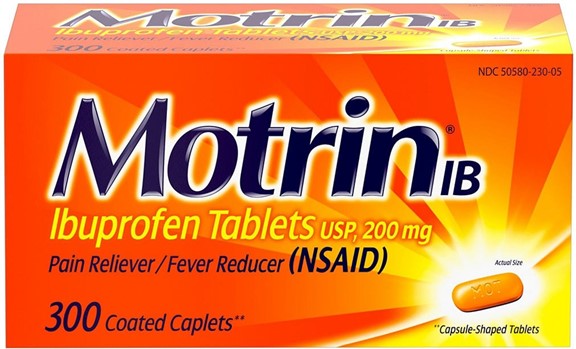What is the best question to evaluate a client’s understanding of infection control measures while receiving treatment for hepatitis A?
Do you eat raw shellfish?.
How do you cook pork products?.
How often do you travel out of the country?.
Do you wash your hands after using the toilet?.
The Correct Answer is D
This question evaluates the client’s understanding of the most important infection control measure for hepatitis A, which is hand hygiene. Hepatitis A is transmitted through ingestion of contaminated food and water or through direct contact with an infectious person’s feces.
Washing hands after using the toilet can prevent the spread of the virus to others and to oneself.
Choice A is wrong because eating raw shellfish is not a risk factor for hepatitis A unless the shellfish is contaminated with the virus from polluted water.
Choice B is wrong because cooking pork products does not affect hepatitis A transmission, as the virus is not found in pork or other meats.
Choice C is wrong because traveling out of the country is not a risk factor for hepatitis A unless the destination has poor sanitation and hygiene conditions.
Nursing Test Bank
Naxlex Comprehensive Predictor Exams
Related Questions
Correct Answer is B
Explanation
This is because the pH of gastric contents is acidic (less than 5.5) and can indicate that the tube is in the stomach. This method is predictive of the correct placement of a nasogastric tube.
Choice A is wrong because fluoroscopy is not the most reliable method to confirm the correct placement of a nasogastric tube. It is an imaging technique that uses X-rays to show the movement of the tube, but it is not always available or feasible.
Choice C is wrong because injecting air and listening for gurgling sounds is not a reliable method to confirm the correct placement of a nasogastric tube. It can cause false-positive results and does not differentiate between the stomach and the respiratory tract.
Choice D is wrong because observing for bubbles after placing the end of the tube in a cup of water is not a reliable method to confirm the correct placement of a nasogastric tube. It can also cause false-positive results and does not differentiate between the stomach and the respiratory tract.
Correct Answer is C
Explanation

Motrin is a brand name for ibuprofen, which is a nonsteroidal anti-inflammatory drug (NSAID). NSAIDs can cause renal toxicity, especially in older adults and patients with renal disease.
Therefore, the nurse should be most concerned about this medication and its potential adverse effects on the patient’s kidney function.
Choice A is wrong because digoxin is a cardiac glycoside that is used to treat heart failure and atrial fibrillation. Digoxin has a narrow therapeutic index and can cause toxicity if the dose is too high or if the patient has hypokalemia. However, digoxin does not directly affect the kidneys and can be safely used in patients with renal disease if the dose is adjusted according to the patient’s creatinine clearance.
Choice B is wrong because levothyroxine is a synthetic thyroid hormone that is used to treat hypothyroidism. Levothyroxine does not have any major interactions with the kidneys and can be used in patients with renal disease without dose adjustment.
Choice D is wrong because Tylenol is a brand name for acetaminophen, which is an analgesic and antipyretic drug. Acetaminophen does not have any anti-inflammatory effects and does not affect the kidneys at therapeutic doses. However, acetaminophen can cause hepatotoxicity if the dose exceeds 4 g per day or if the patient has liver disease or alcohol abuse.
Whether you are a student looking to ace your exams or a practicing nurse seeking to enhance your expertise , our nursing education contents will empower you with the confidence and competence to make a difference in the lives of patients and become a respected leader in the healthcare field.
Visit Naxlex, invest in your future and unlock endless possibilities with our unparalleled nursing education contents today
Report Wrong Answer on the Current Question
Do you disagree with the answer? If yes, what is your expected answer? Explain.
Kindly be descriptive with the issue you are facing.
